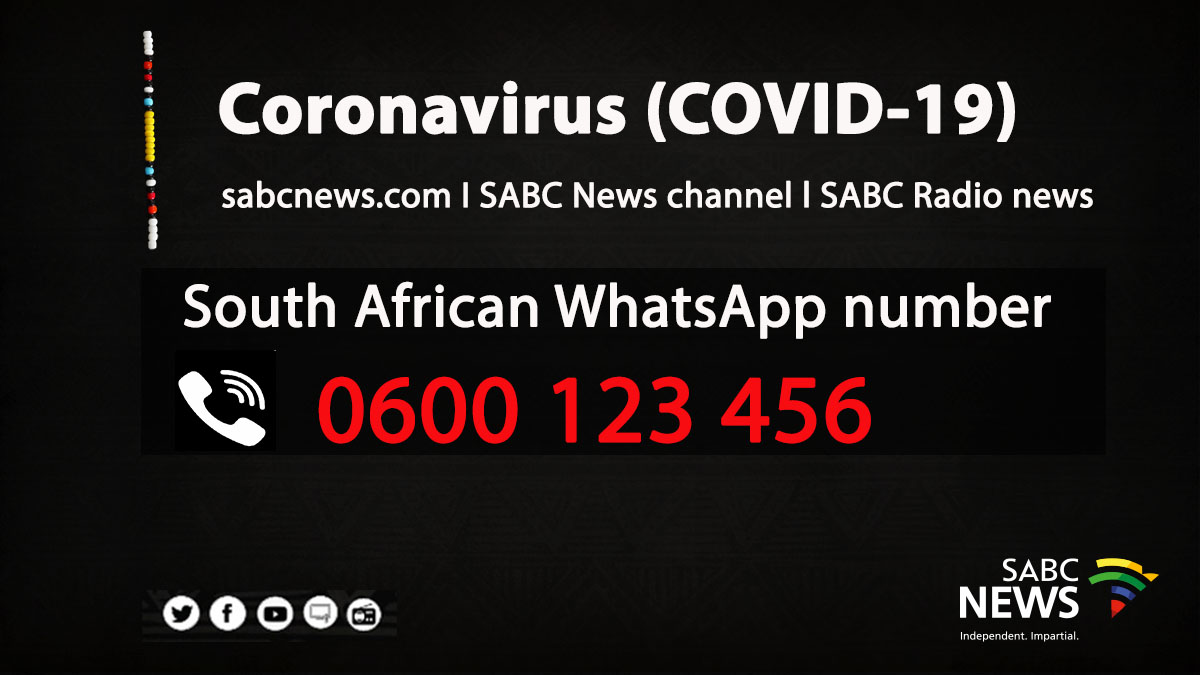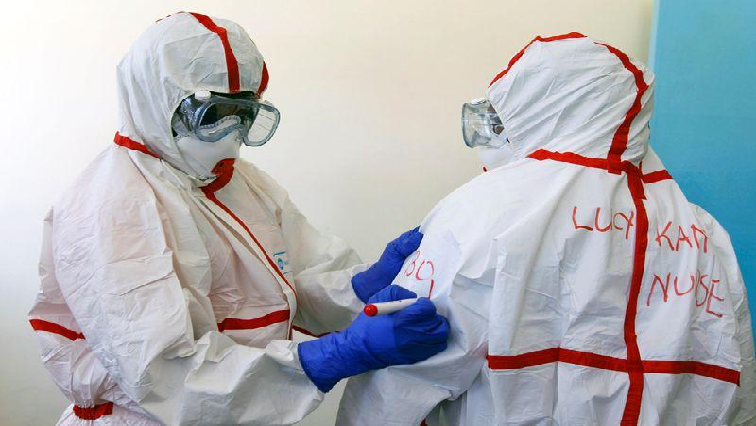The South African National Editors’ Forum (Sanef) says although it welcomes government’s new regulation criminalising disinformation as one of the measures to curb fake news regarding the coronavirus, it does not support the banning of journalists from speaking to medical experts.
Sanef Executive Director Kate Skinner says although the organisation understands the need for government to centralise information, it does not believe that there should be restrictions.
“We totally understand that government want to centralise information around statistics. We think that’s very important but what we think is very problematic is that journalists can’t speak to a whole lot of other experts around the coronavirus. We think that journalists should be able to speak to different experts. Obviously they do need to be credible and come from credible institutions, that’s absolutely important. We do need journalists to be able to speak to a whole range of different people.”
In the video below, Skinner speaks about protecting media practitioners against COVID-19:
Ethical journalism
Last week, Sanef called on the media to practice ethical journalism when covering the COVID-19 outbreak.
The forum held a workshop in Durban under the theme “Ethics, Journalism and Safety in the Digital Age” in Durban.
It says it is important that journalists maintain the doctor-patient confidentiality when reporting on the virus. This means not disclosing a person’s identity without their permission, as it has happened on social media.
The seminar was aimed at reinforcing the mandate of maintaining ethical journalism, and the safety and integrity of editors and reporters.
Sanef Media Freedom Chairperson Mary Papayya says journalists must conduct research and only rely on experts when reporting on the virus.
“For instance, around the coronavirus, people want to know the names of the infected. From that perspective, issues around doctor-patient confidentiality have to maintained and what’s important is for the journalist to understand and go out there and research as much as they can around the disease. One must understand that ethics are important to build public trust. We’ve seen the transgression from recent years around certain stories that were questionable when those kinds of transgressions happen. The public trust in the media drops considerably,” says Papayya.
In the video below, the SABC’s Jayed-Leigh Paulse reports on the workshop:
Coverage of coronavirus
The coverage of coronavirus, embedded journalism, self-censorship, cyber-bullying and political interference in the newsroom are some of the topics that were discussed at the workshop.
The workshop also created a platform for journalists to engage and share their experiences in the field.
Sanef condemned the violent and hostile attacks on the media, which included cyber-bullying.
Sanef KwaZulu-Natal Convenor Judy Sandison spoke about how Twitter is now being used to target reporters. She has cautioned media practitioners not to get into cyber wars.
The media lobby group has also established the Satchwell Inquiry to probe media credibility and ethics.
The inquiry was triggered by accusations that some journalists were taking bribes.
Sanef believes the inquiry will also help restore the public’s trust in media.
Below is an infographic on regulations set out to mitigate the COVID-19 threat:

Loading…
The map below tracks coronavirus cases across the world:
Below is a handwashing challenge, demonstrating how to keep your hands clean to stay safe:

Additional reporting by Jayed-Leigh Paulse






